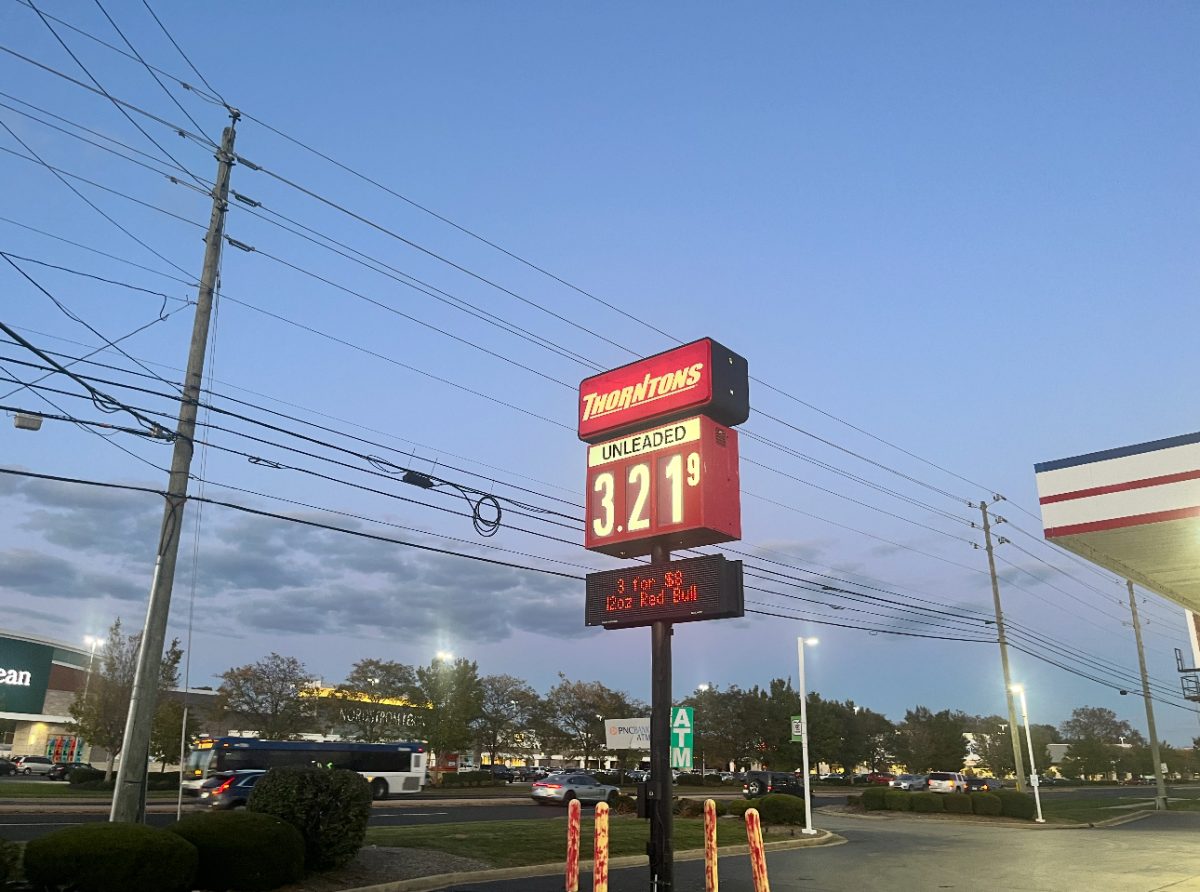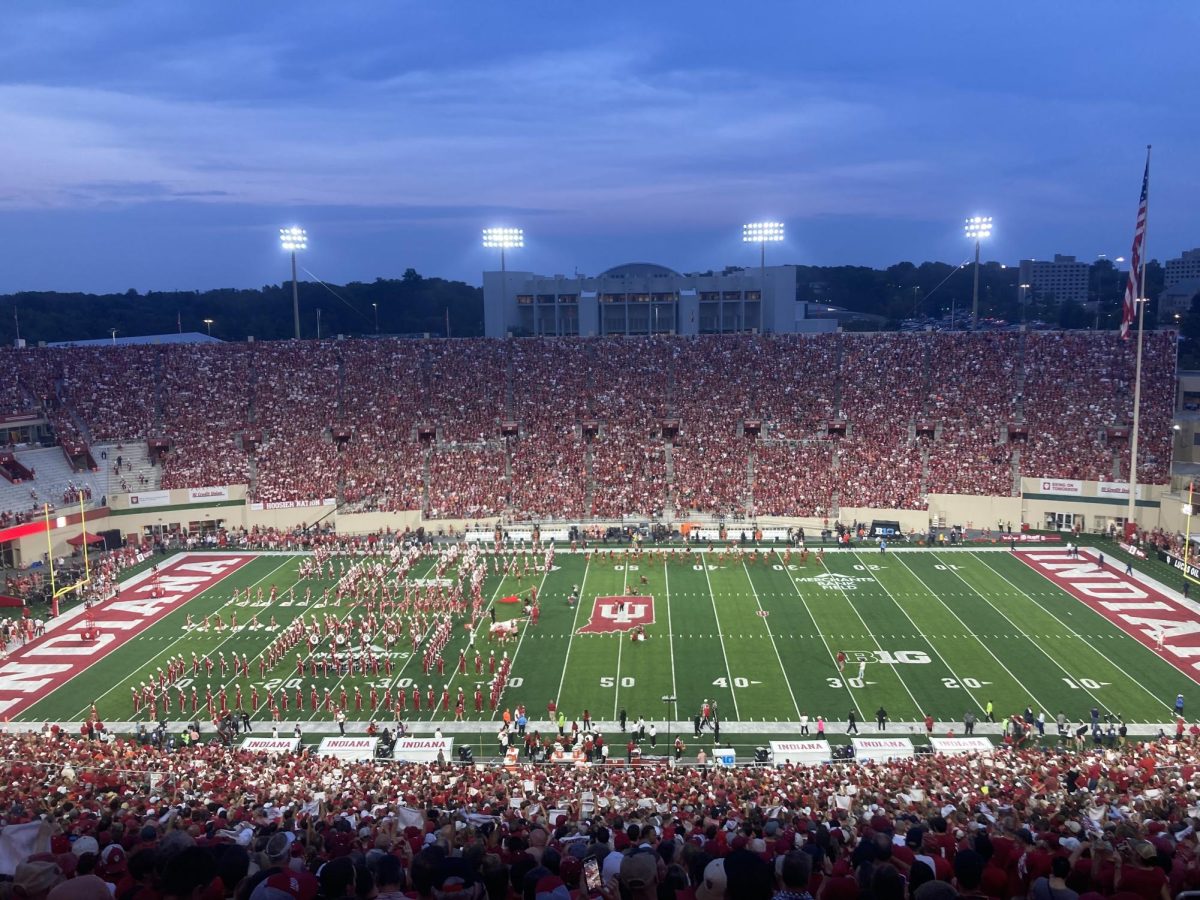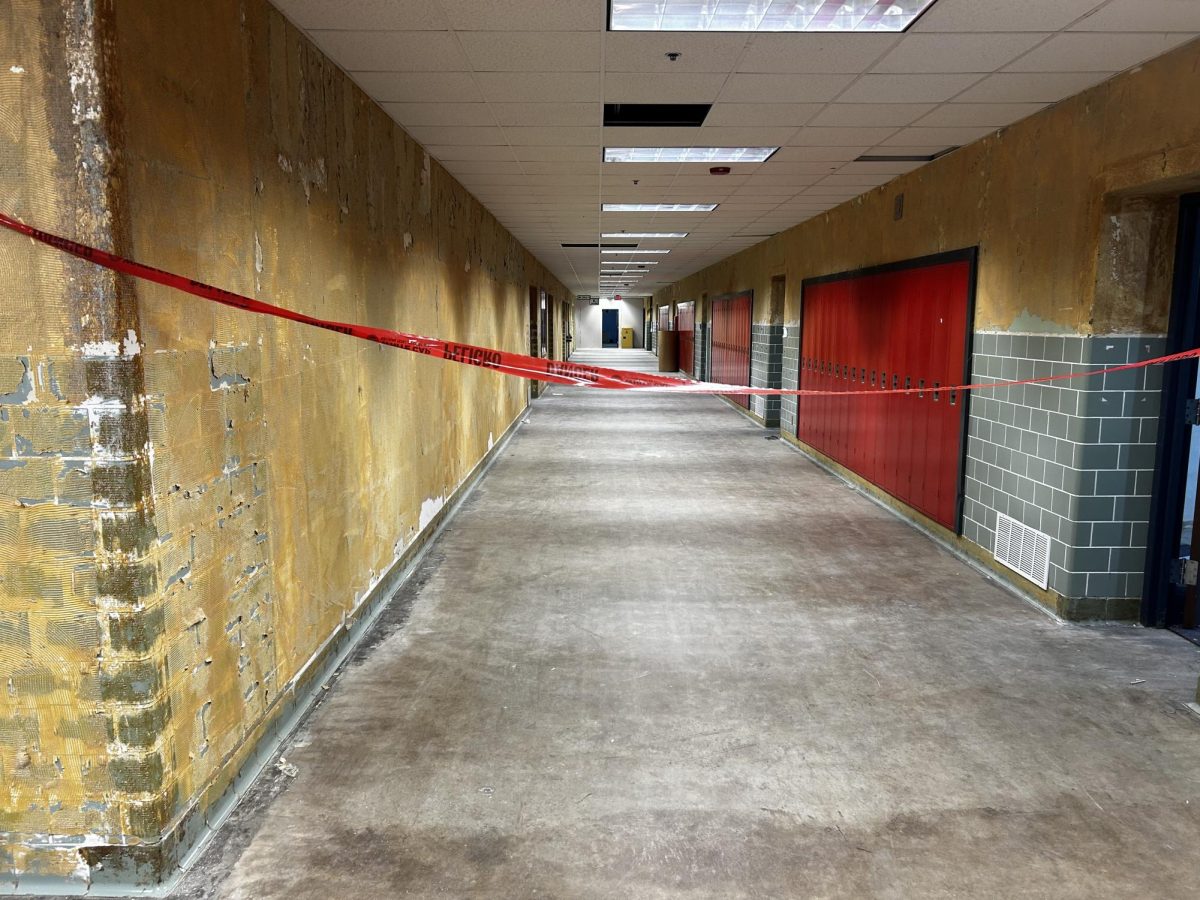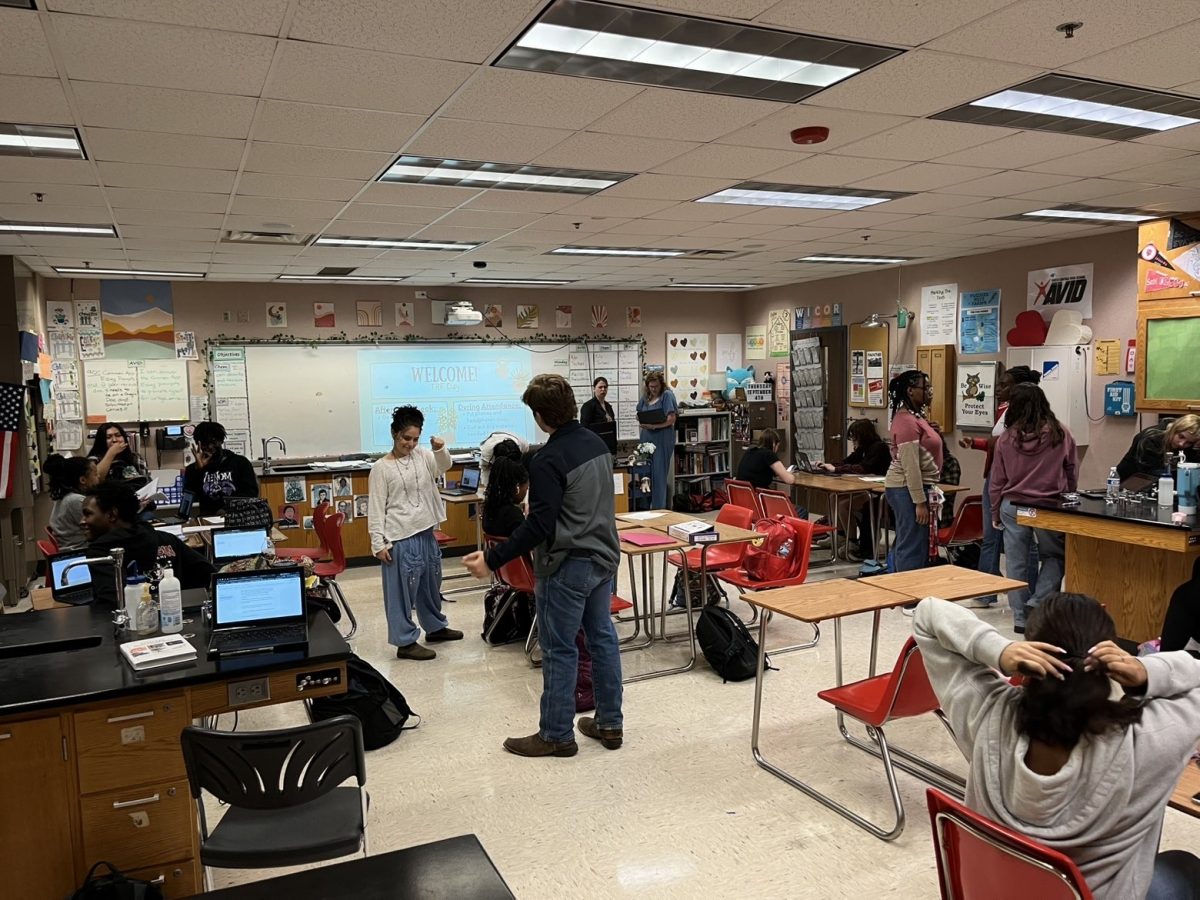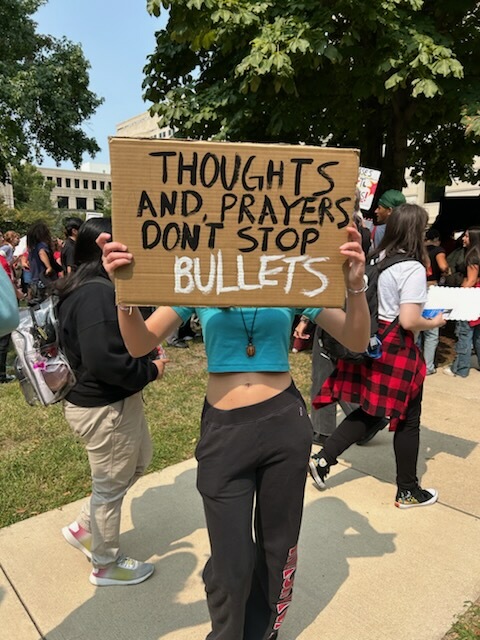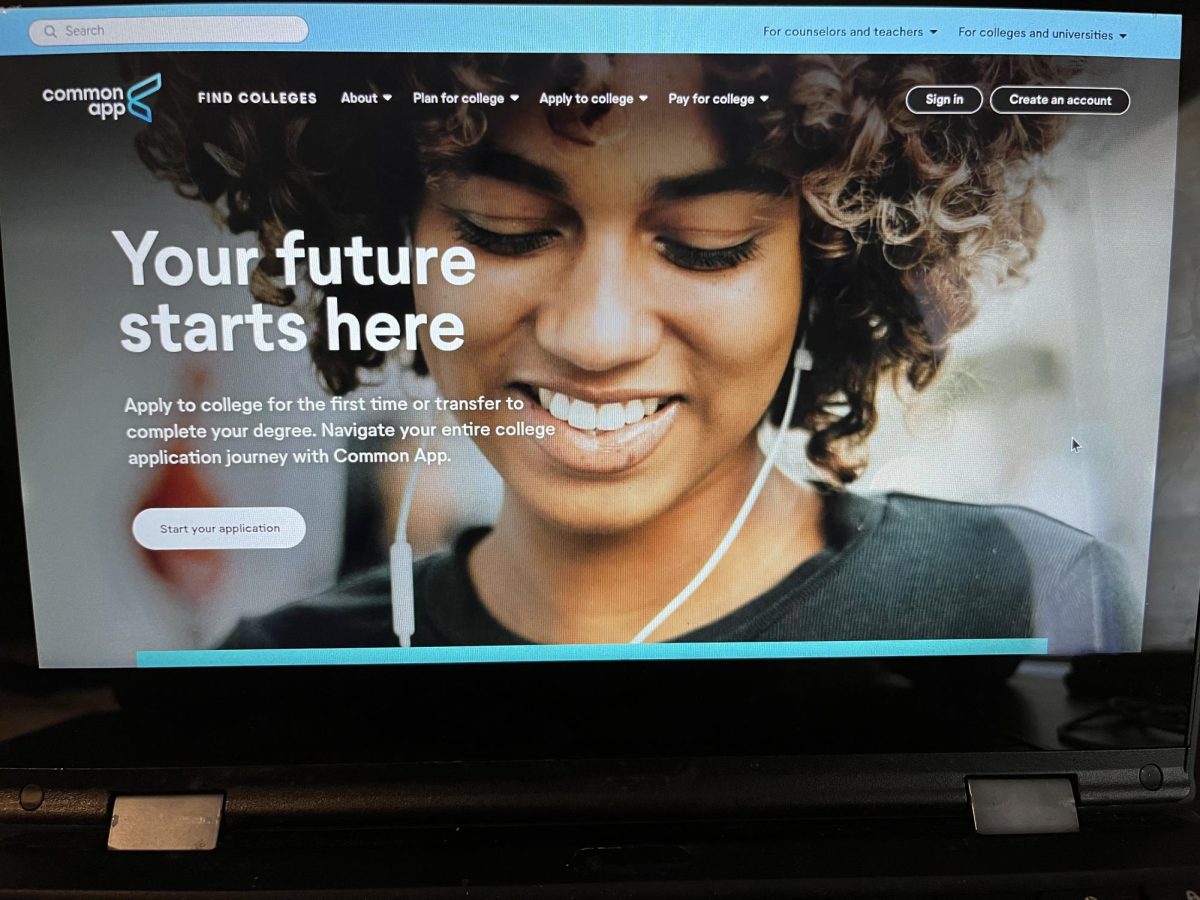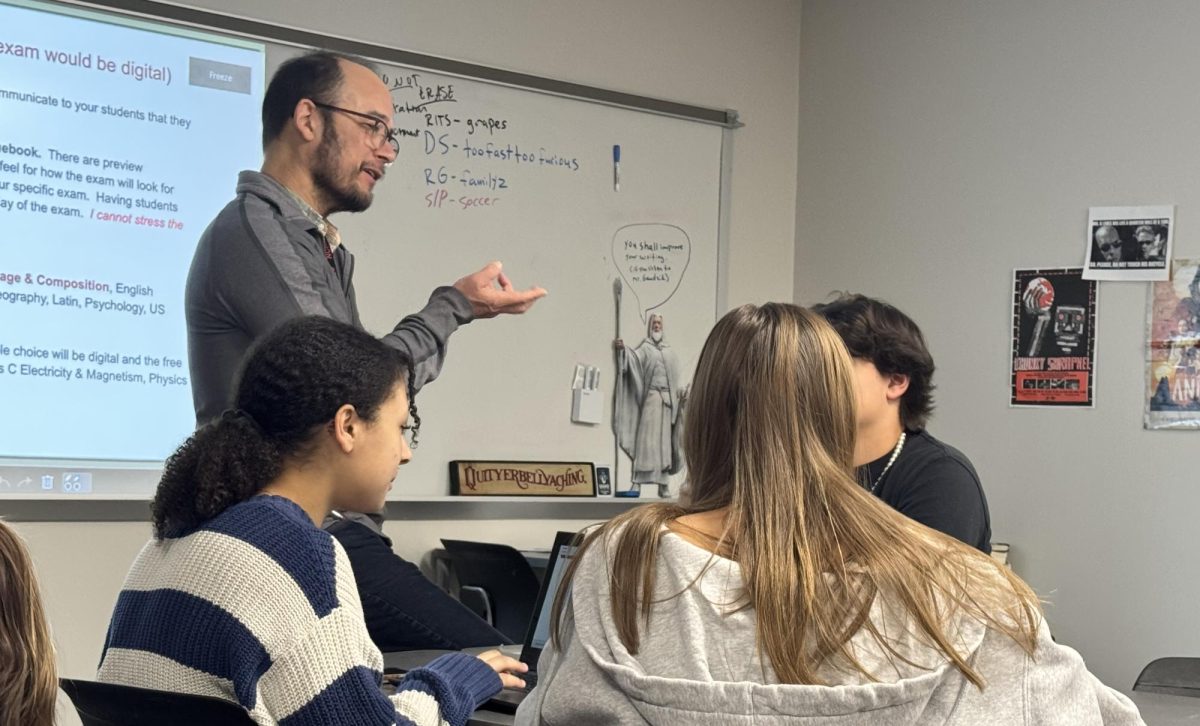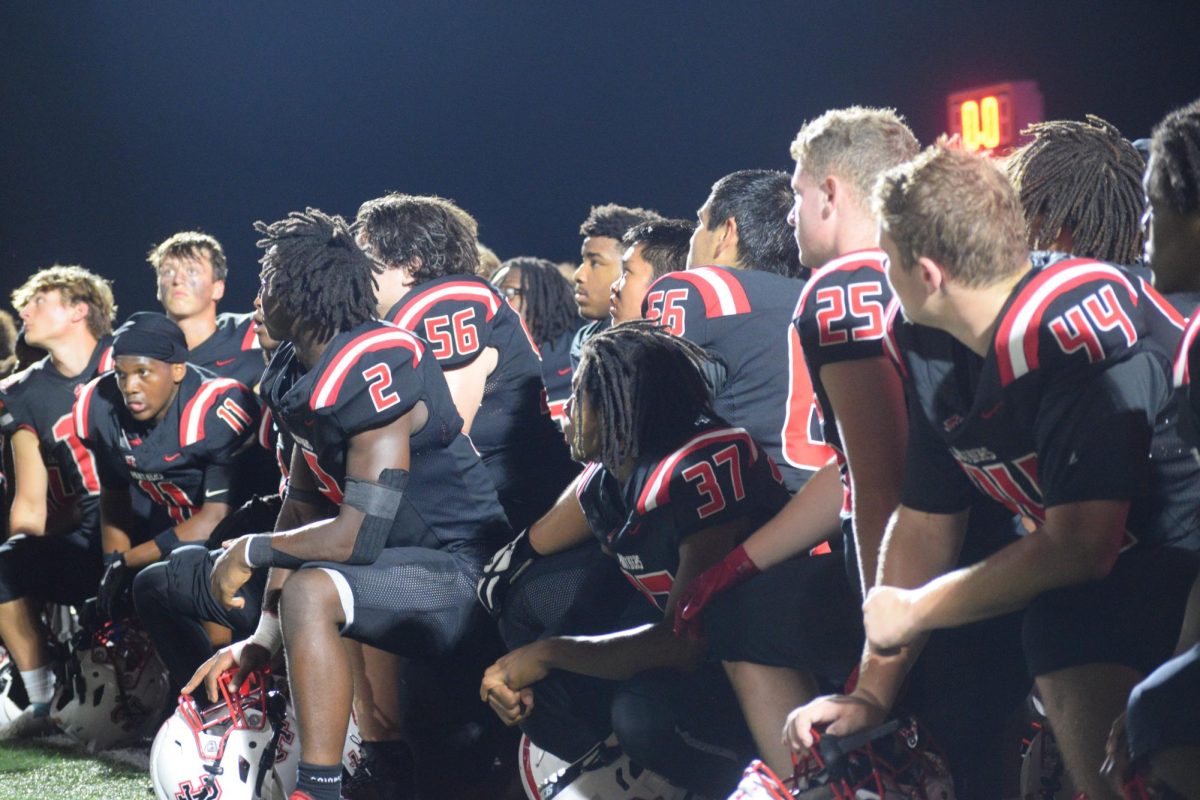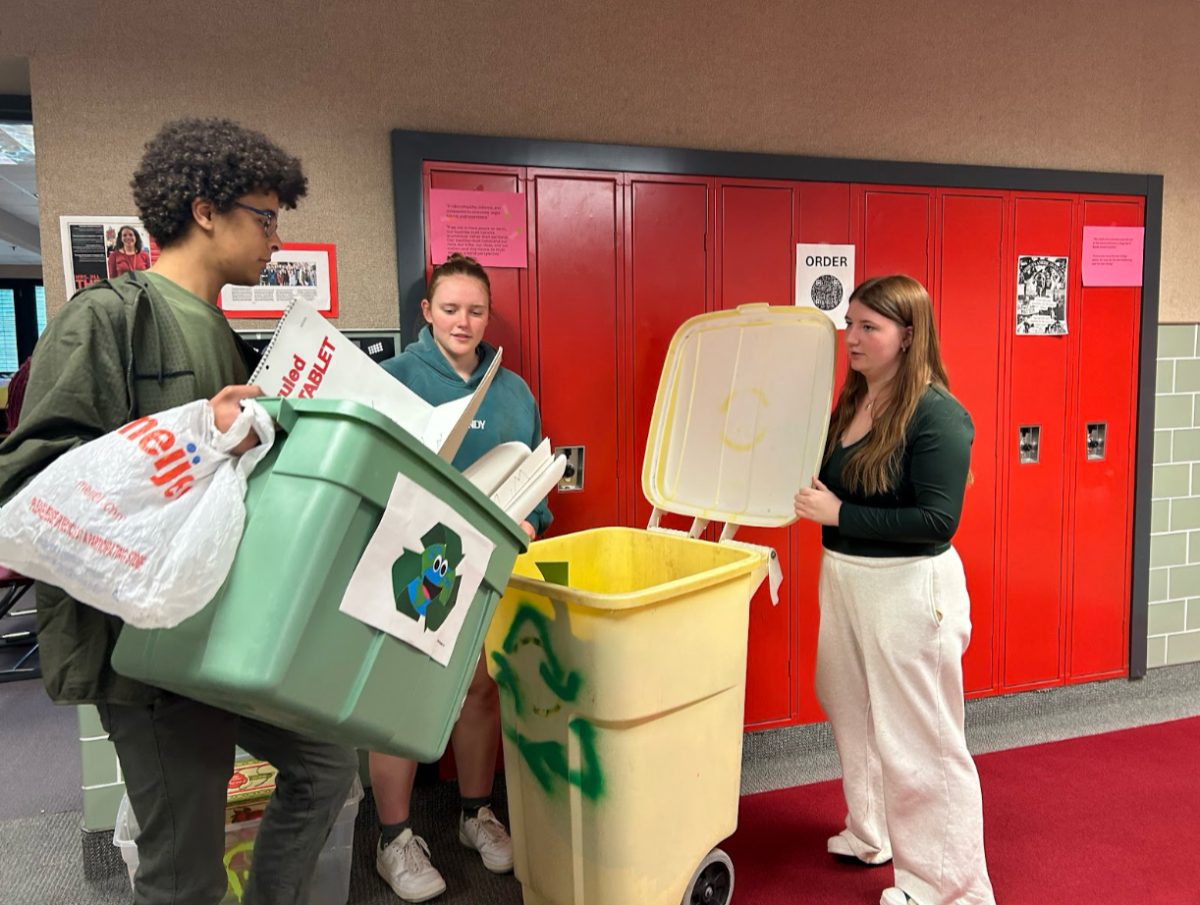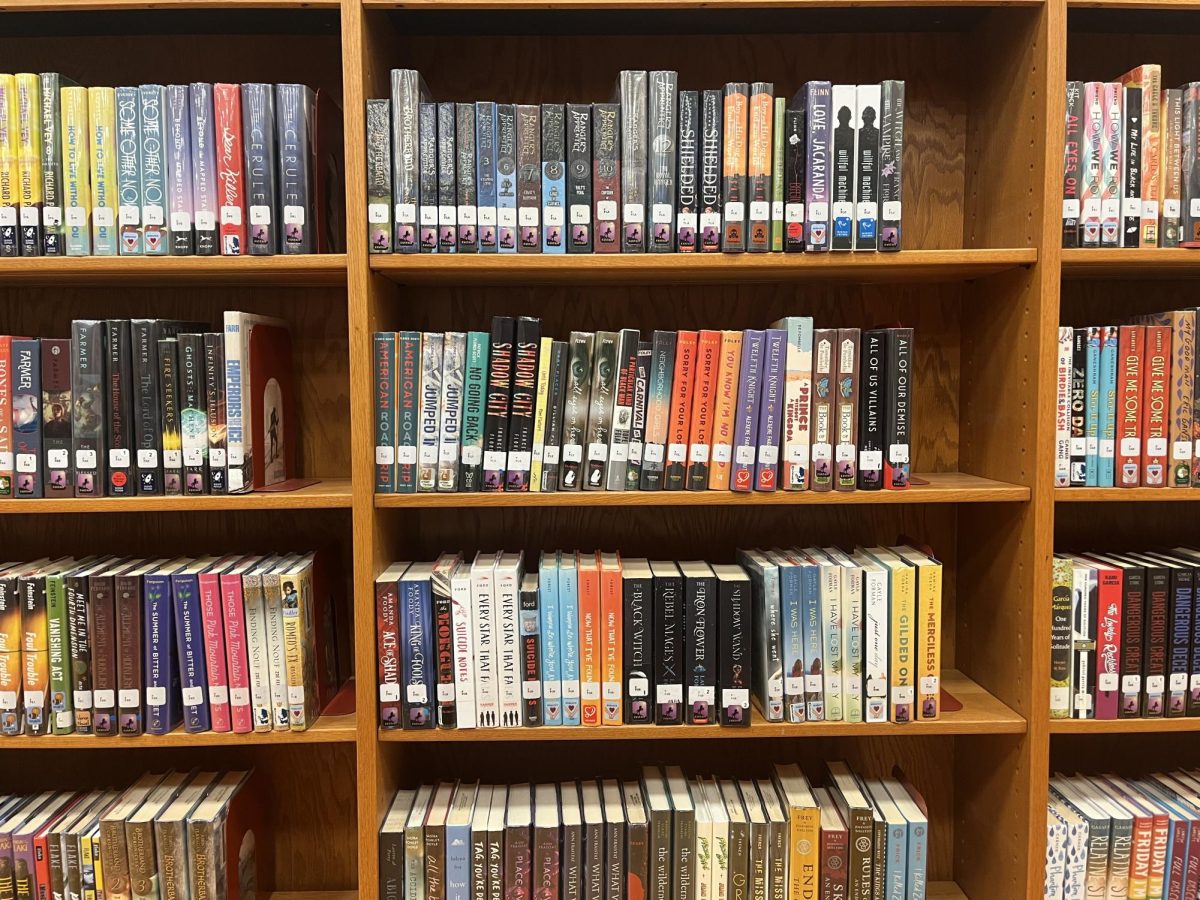With President Donald Trump’s impending tariffs looming on the U.S., it is important to assess the impacts on high school students.
One of the most important financial aspects for students is the price of gasoline. Gasoline is one of the most inconsistent expenses in the United States economy.
Trump’s tariffs threaten to decrease not only trade within the United States, but also global trade.
Trump increased his tariffs on China to 145% on April 9, while also continuing to tariffs of 25% on both Canada and Mexico.
The heavy increase in Chinese tariffs is in response to a 125% tariff imposed on the U.S. by China. China also came to a deal with South Korea and Japan to combat U.S. tariffs.
Trump has spent his first couple months in office signing numerous controversial executive orders, including the removal of the Department of Education, the removal of Diversity Equity and Inclusion (DEI) programs and a federal funding freeze.
While the inclusion of heavy tariffs on other countries has been greatly disputed upon in the government, the idea is to aid the overall state of the U.S. economy, lower prices, and restore the economy to perfect levels.
Whether the impending tariffs will actually improve the economy is in question.
“Tariffs are taxes and taxes and they are taxes that will make the cost of doing business greater than it was before,” economics teacher Andy Wiggins said, “if businesses incur greater costs then they have before, that will raise prices on us.”
High tariffs likely would cause major inflation. For high school students, that means one thing no one wants to hear: it is likely gas prices will go back up.
“This is true for gasoline, it’s going to be true for eggs and pretty much anything you can buy,” Wiggins said, “tariffs always lead to higher prices.”
The price of gas is one of the most important economic concepts for students. Most students who drive spend a majority of their money on gas.
“I spend at least $20 every week on gas, or at least $40 every two weeks,” senior Nola Boyle said, “I can already tell the difference. Gas prices have gone up almost 30 cents already.”
Gas prices are rising by the day, and for students who pay for their own gas who live closer to the city, a gas price increase is detrimental.
“It’s frustrating that my $20 doesn’t go as far anymore,” Boyle said.
Gas prices going up means more student money would be spent on gas, rather than students being able to save money for other things they need and want.
In order for student’s checking accounts to stay intact, the government needs to find a way to reduce inflation. If removing tariffs is the answer, then that is what ought to be done.

